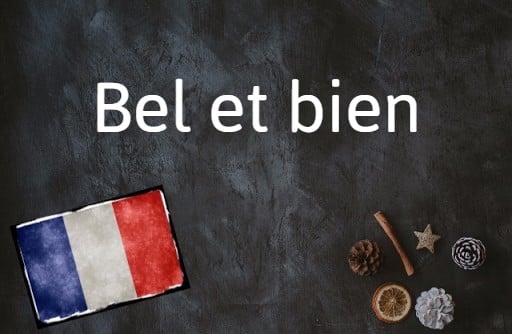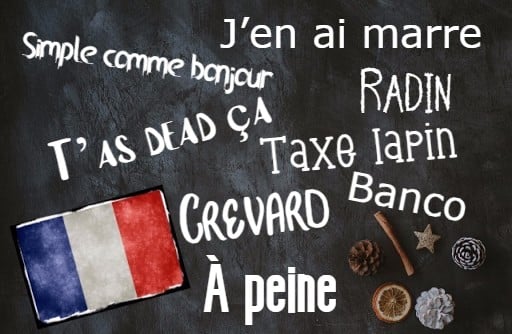Why do I need to know bel et bien?
Because it’s useful for quelling rumours.
What does it mean?
Bel et bien is often translated as “well and truly”, since it can be used to add emphasis to a declaration, similar to the word vraiment (really).
For example, in the sentence Ella a bel et bien mérité sa médaille d’or (She totally deserved her gold medal). The word bien can be used in this way on its own, too, as in Ce train va bien jusqu’à Paris ? (Is this train definitely going to Paris?)
However, another possible translation is “in fact”, because it often has a slightly different function, which is to show that something is indeed the case, even though certain people had doubts.
As the online French dictionary Orthodidacte writes, “It is often used to re-establish the truth about something, or to confirm the truth of something.”
Take, for example, this tweet from beIN SPORTS regarding Lionel Messi’s decision to find a new club for the 2021-22 season. “Lionel Messi voulait bel et bien rester au FC Barcelone cette saison !” means “Lionel Messi did in fact want to stay at FC Barcelona this season!”
🚨 Lionel Messi voulait bel et bien rester au FC Barcelone cette saison !https://t.co/rwVRgUn5J5 pic.twitter.com/xOLiEKdlG9
— beIN SPORTS (@beinsports_FR) August 8, 2021
They used bel et bien because the footballer himself had just announced that he had originally hoped to stay in Barcelona, so the purpose of the phrase is to show that the debate is over, and those who believed he wanted to stay had been proven right.
Taking the phrase apart, the bien is easy to translate – it means “well”. The bel is the masculine form of the adjective beau when it is followed by a word which begins with a vowel (such as the phrase bel appartement – beautiful apartment). In this case bel can be translated as “good”, so the phrase literally means “good and well”, a similar repetition to the English “well and truly”.
Use it like this
L’été a bel et bien commencé – Summer has well and truly begun
Le concert aura bel et bien lieu malgré la pluie – The concert will take place after all, despite the rain
Ils vont bel et bien se marier – They are in fact going to get married



 Please whitelist us to continue reading.
Please whitelist us to continue reading.
Member comments